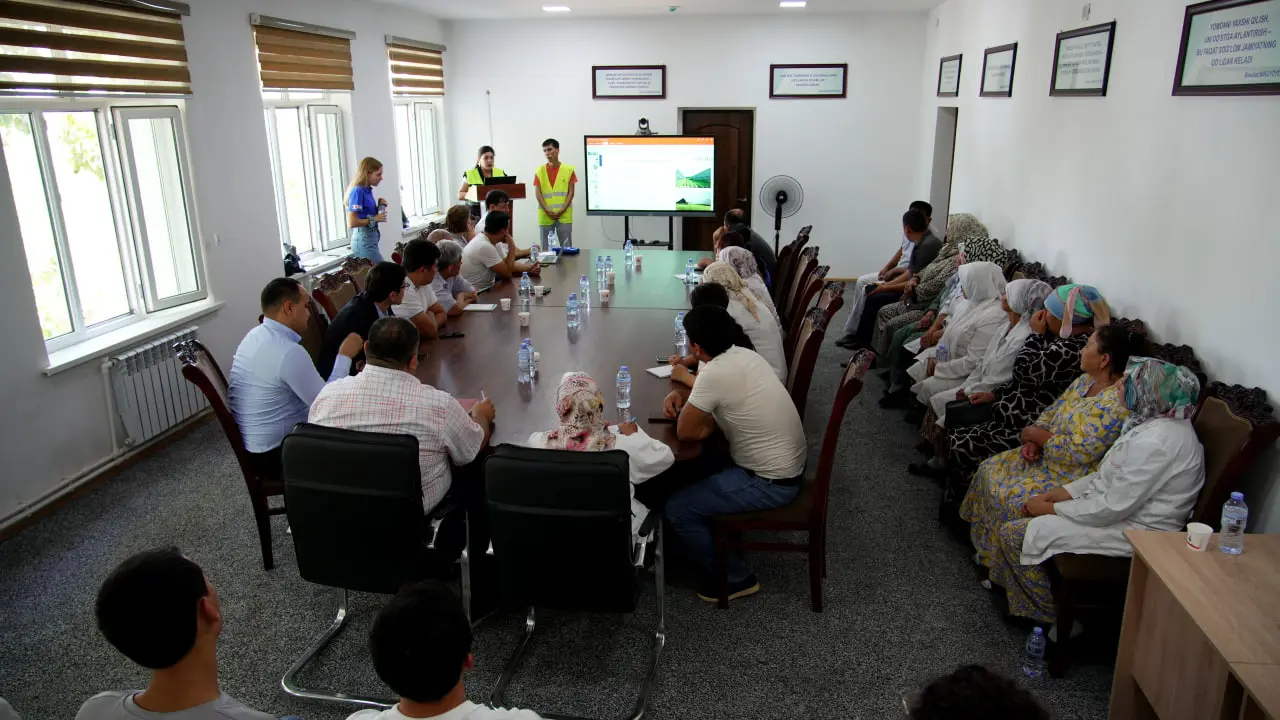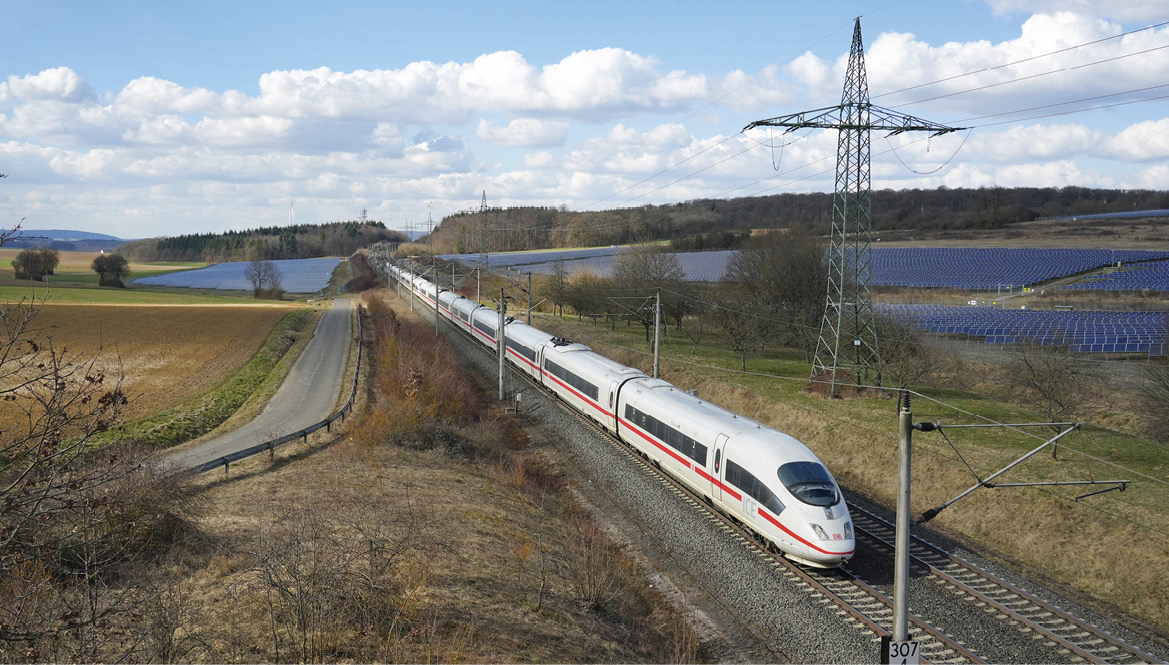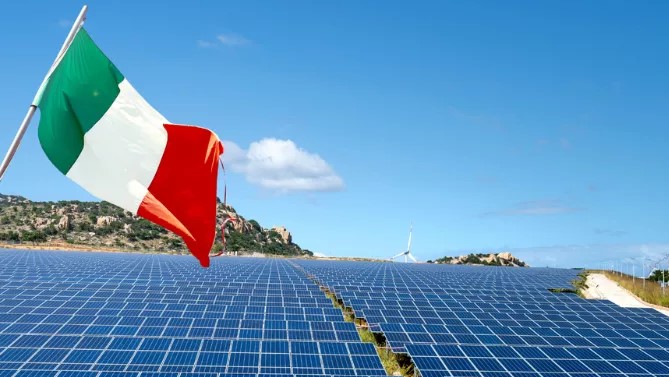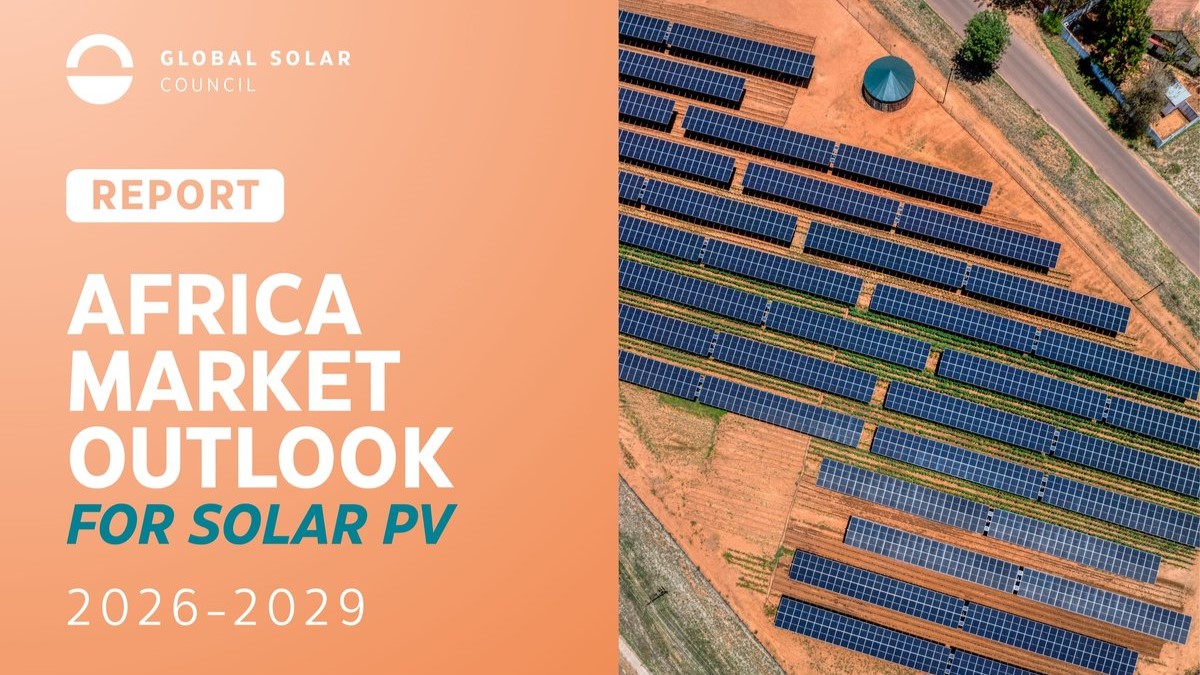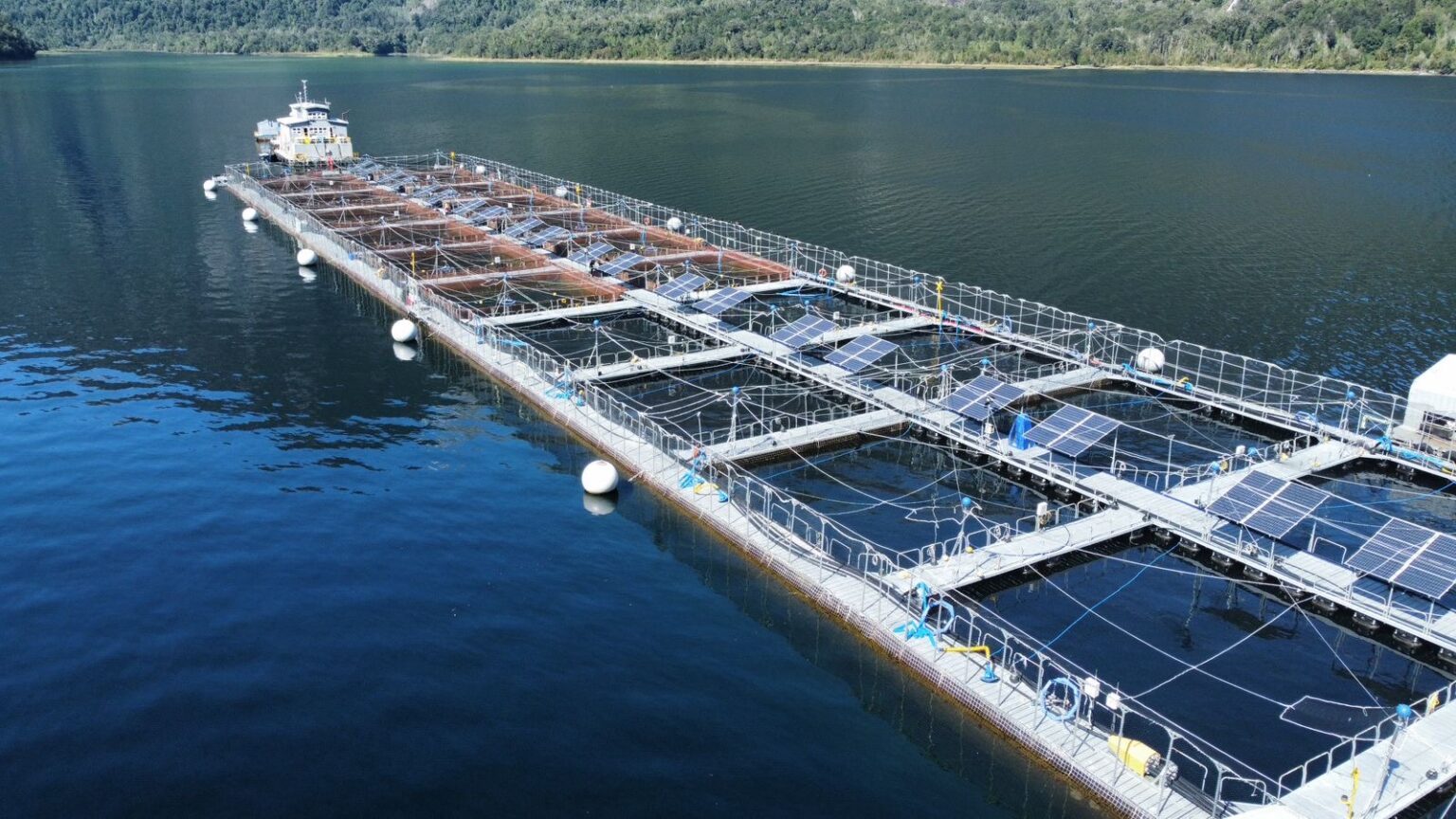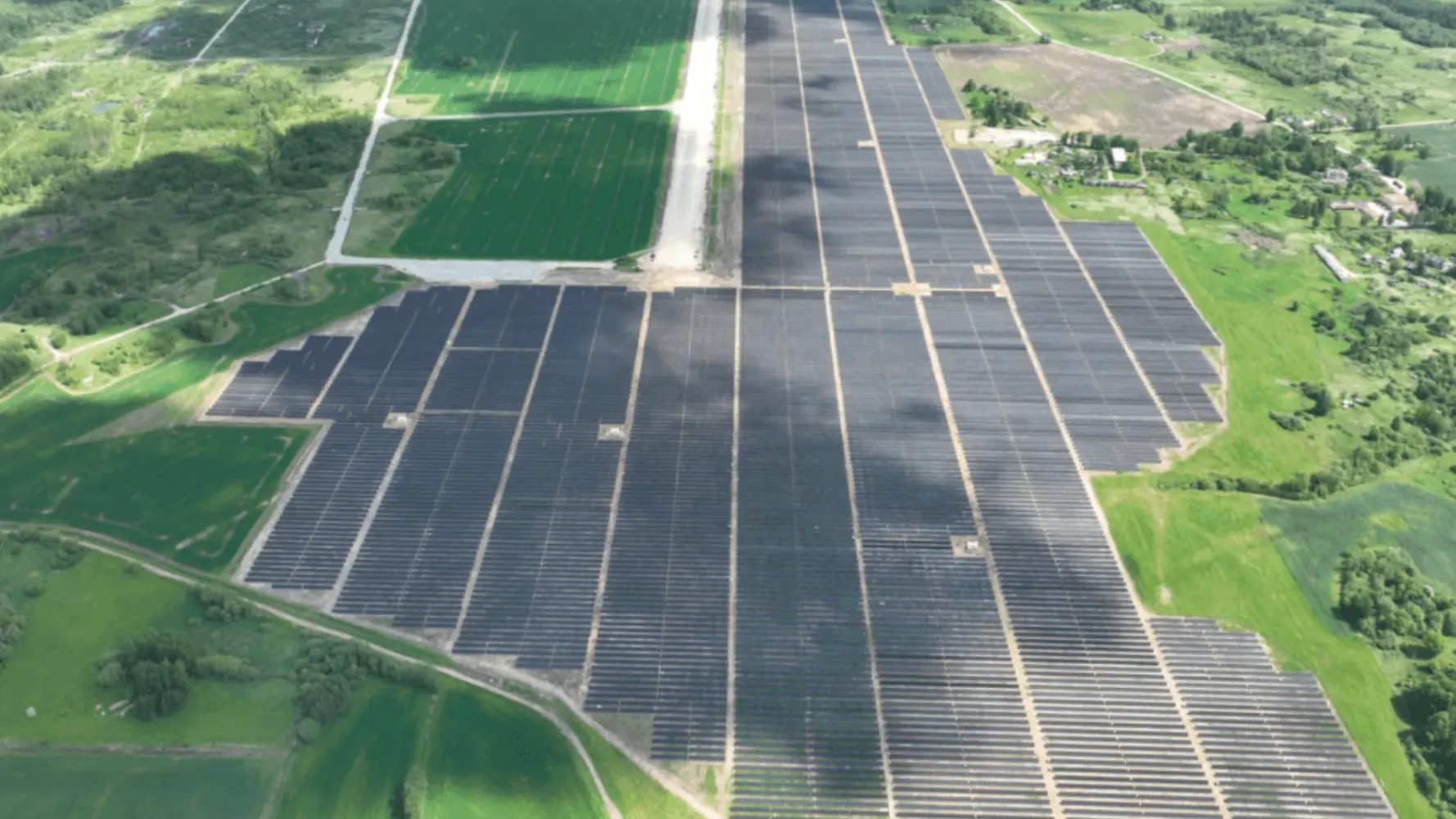A major agro-photovoltaic project has been presented in the village of Kuksaroy, Tashkent region, at the Research Institute of Vegetable, Melon and Potato Growing. The event was organised by the State Environmental Expertise Centre under the Ministry of Ecology, Environmental Protection and Climate Change, the ministry’s website reports.
The initiative is being implemented in line with Presidential Decree No. 220 of 9 September 2022 “On additional measures for the introduction of energy-saving technologies and the development of small-scale renewable energy sources” and Cabinet of Ministers Resolution No. 541 of 7 September 2020.
The planned Agri-PV station will have a capacity of 507.78 kW/h and cover 1.5 hectares of land, with 819 solar panels to be installed per hectare. The project is led by Business Advanced Experts LLC in partnership with international company VOLTALIA. Construction is set to begin in August 2025 and be completed by February 2026.
Agro-photovoltaic technology allows farmland to be used for dual purposes — crop cultivation and electricity generation. It is expected to conserve water, maintain soil fertility, boost yields, and create an additional source of income for farmers. During construction, 25 jobs will be created.
Specialists also reviewed the project’s potential environmental impacts and proposed measures to mitigate risks, including dust suppression, separate waste collection, and proper disposal. They highlighted the positive outcomes such as reduced greenhouse gas emissions, lower water consumption, and the creation of a microclimate that benefits crops.
Participants concluded that the project complies with national legislation and supported its implementation, noting its significance for the region’s sustainable development.


